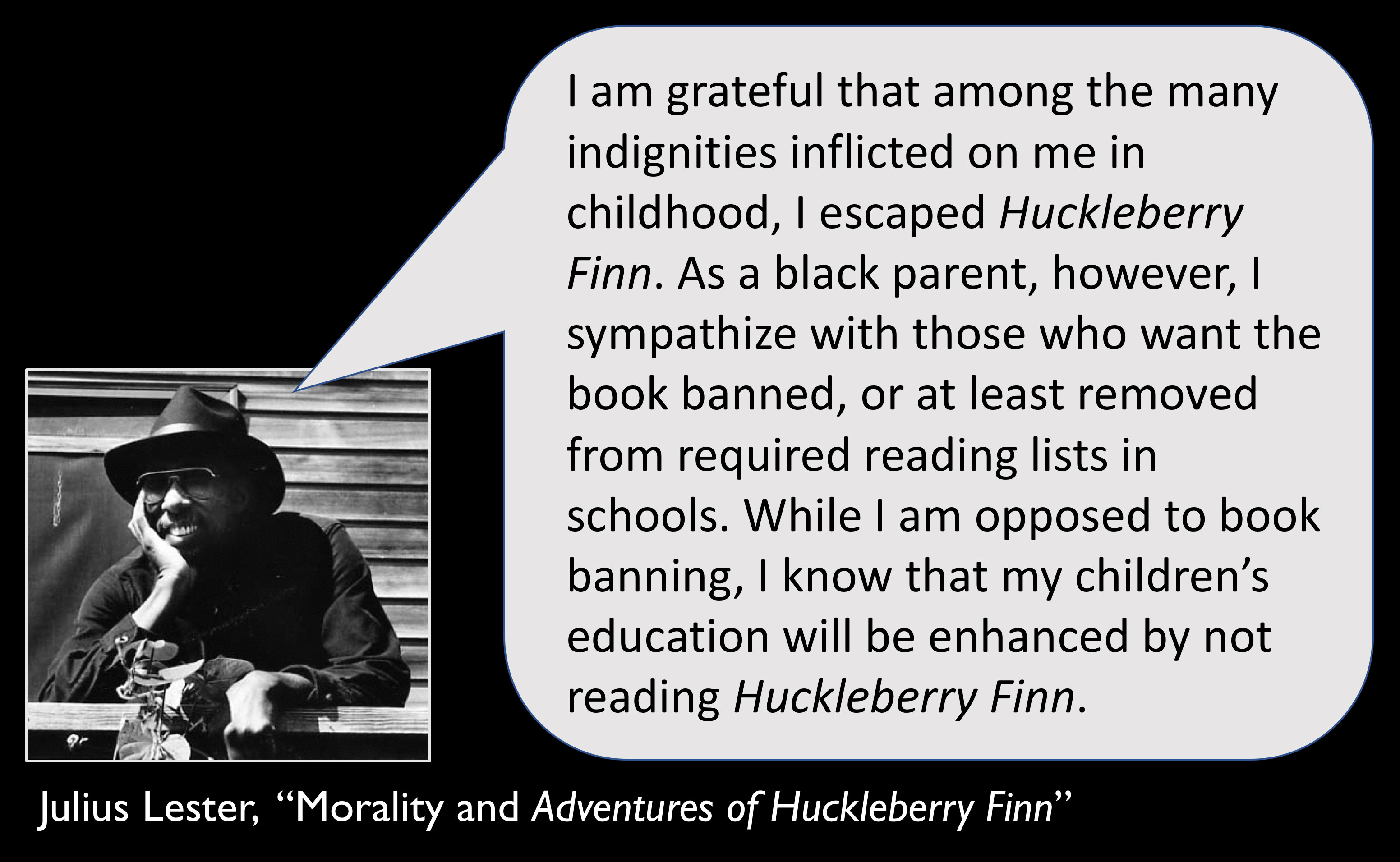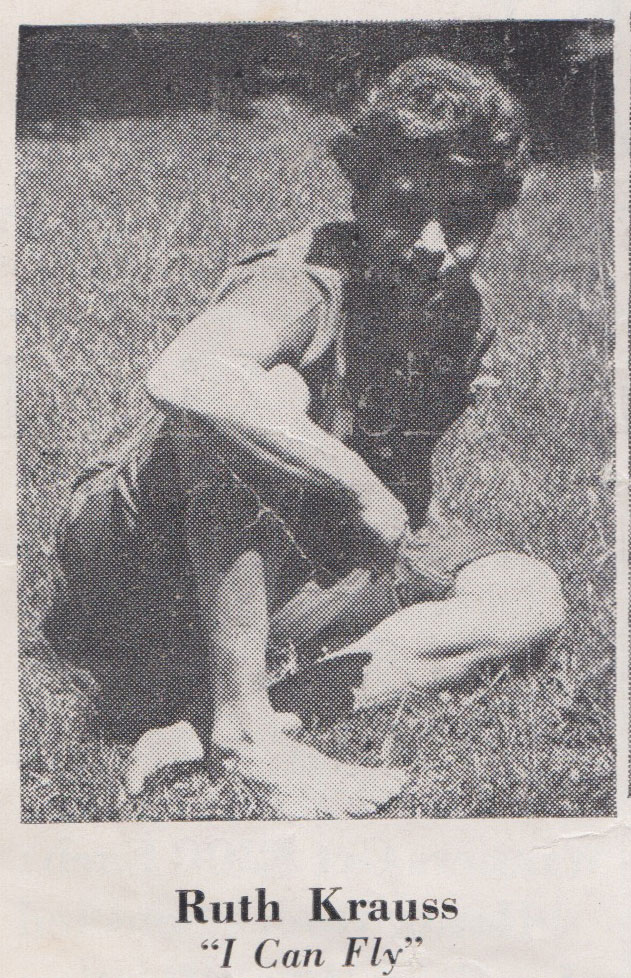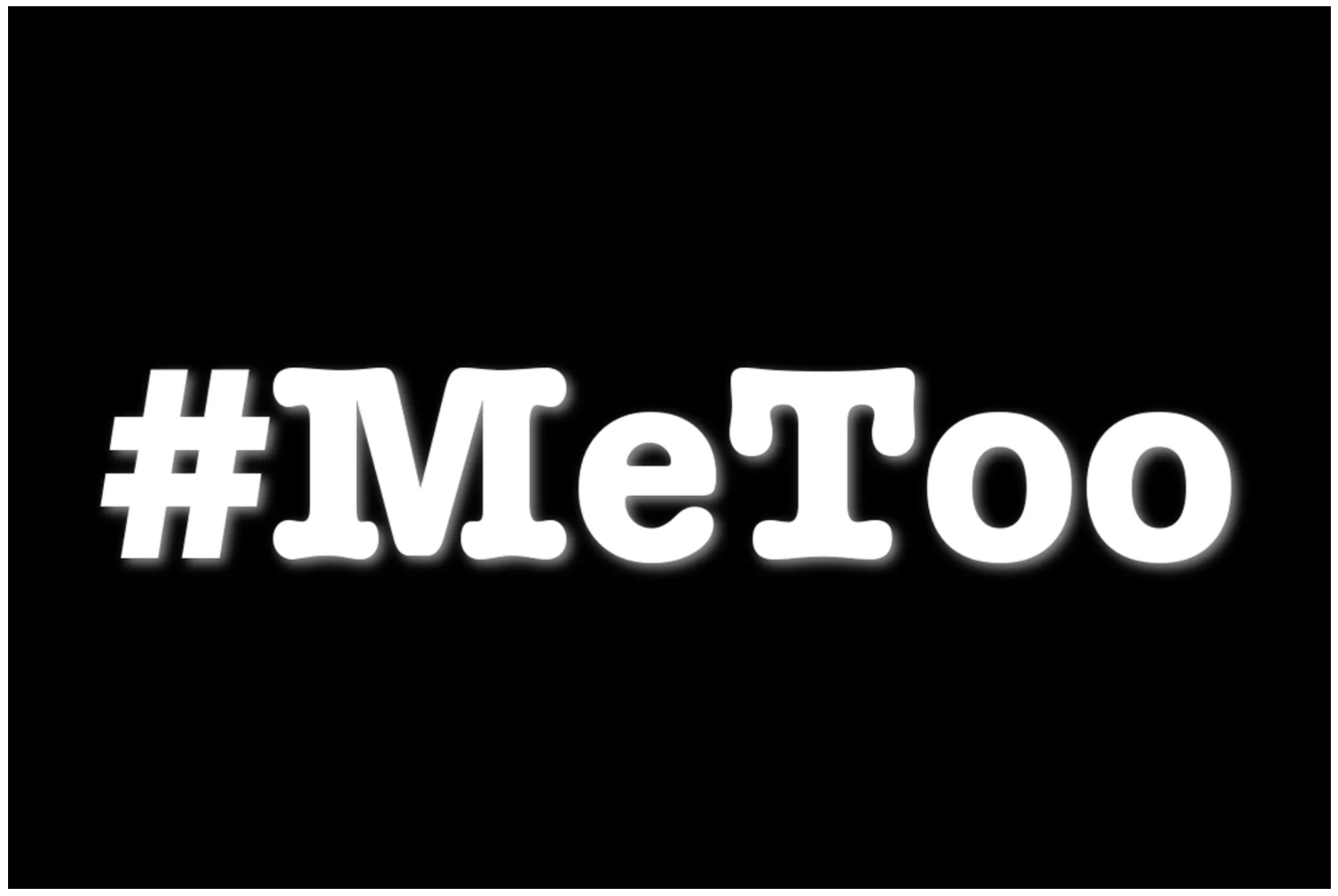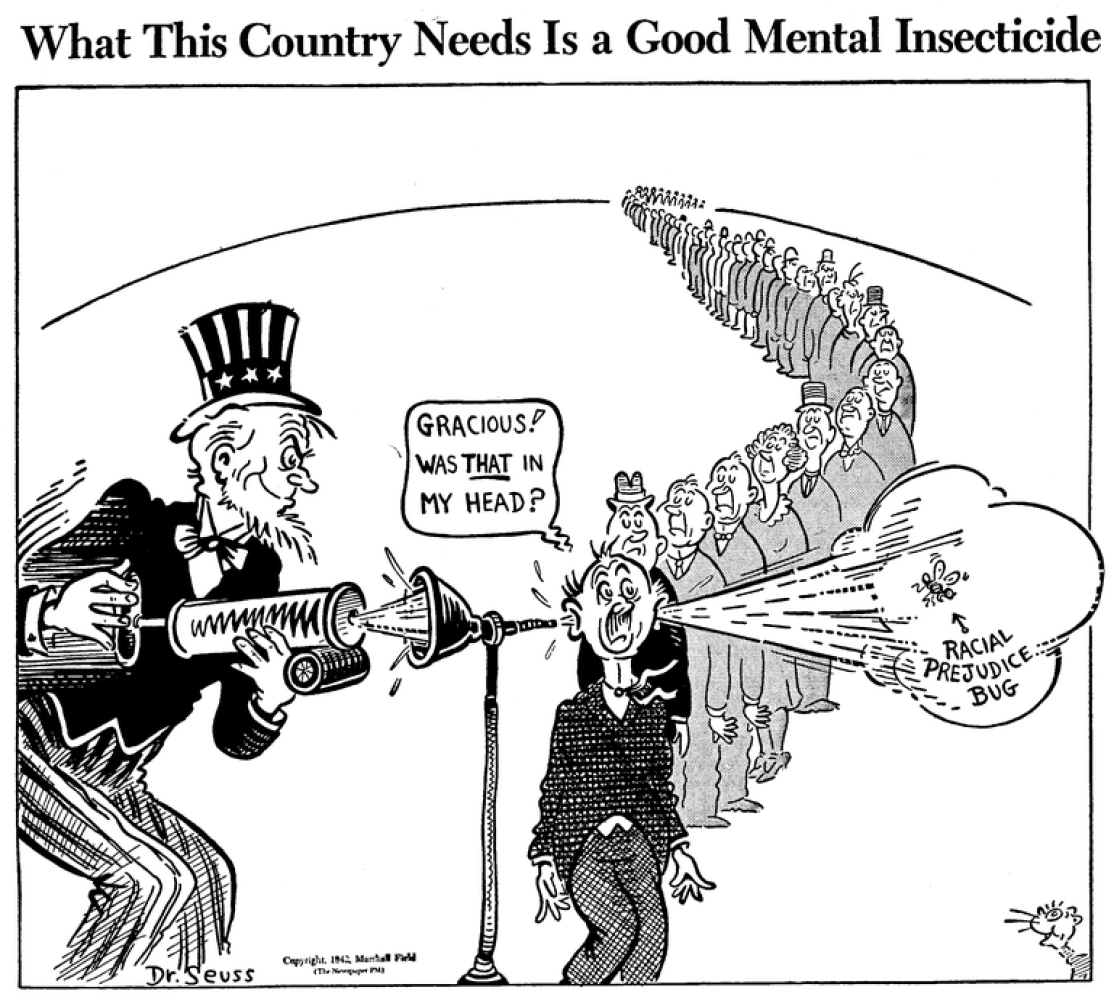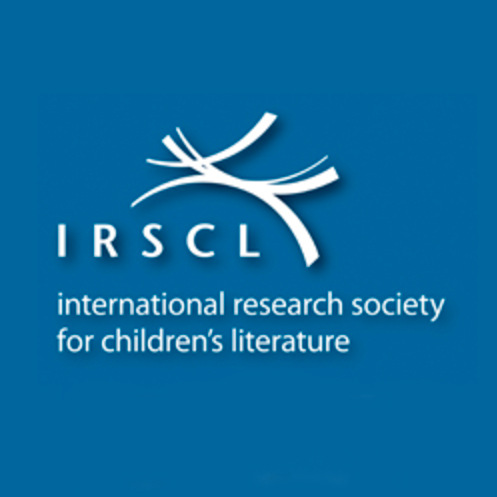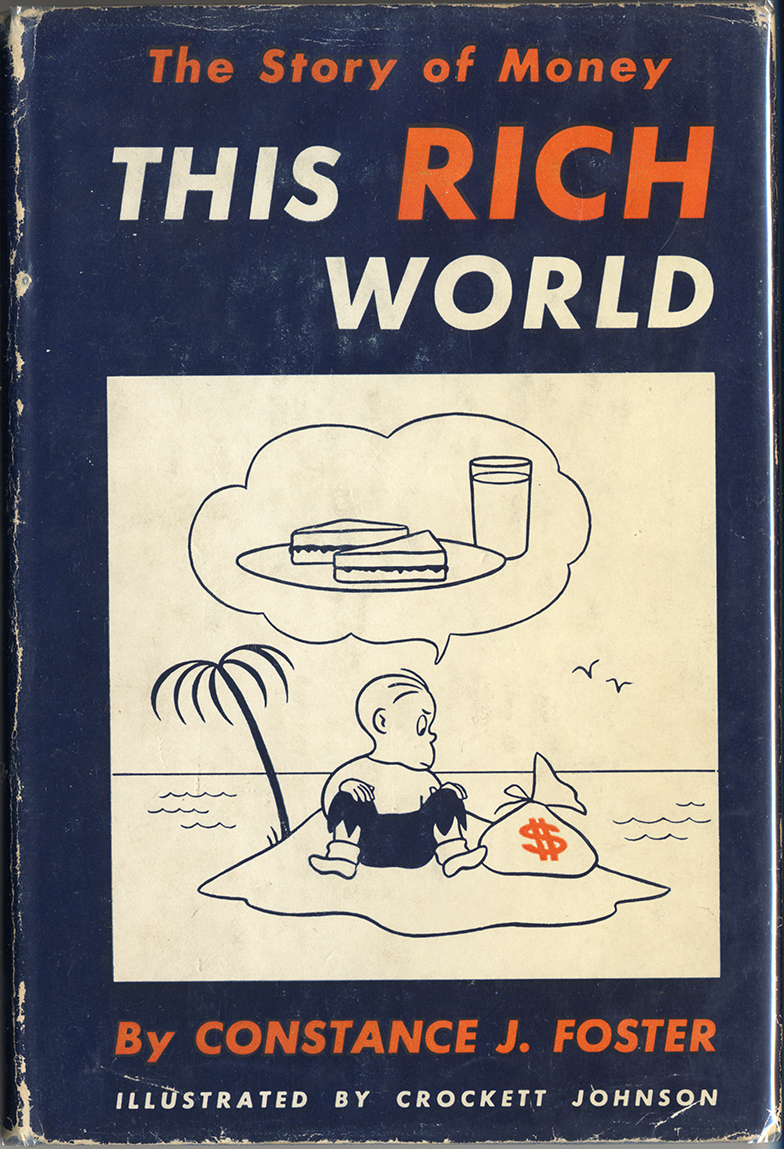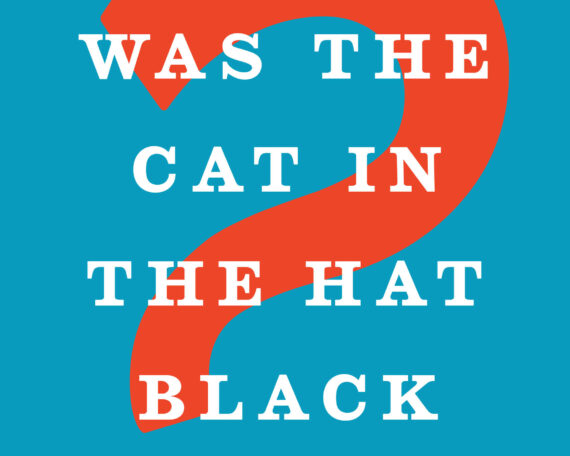Context, Privilege, and Pain
Last month, there was some on-line discussion about this quote (from me) in a CNN.com article: But Nel argues that the answer isn’t simply removing “problematic” children’s classics like Mark Twain’s “Adventures of Huckleberry Finn,” which uses the N-word 219 times, from school reading lists. Such stories, “if used carefully, appropriately and in context can

